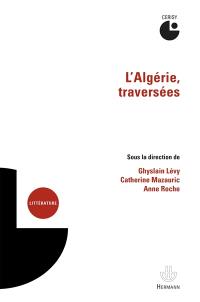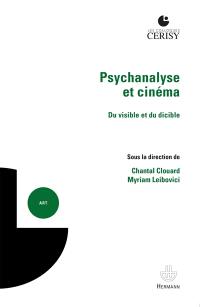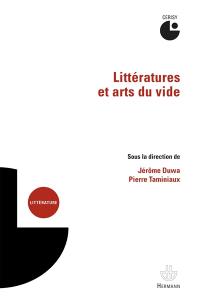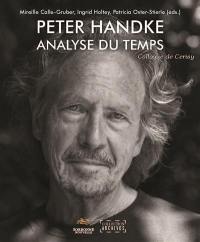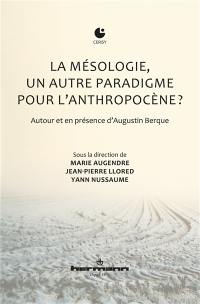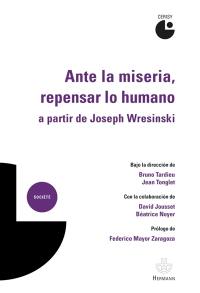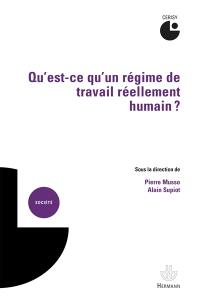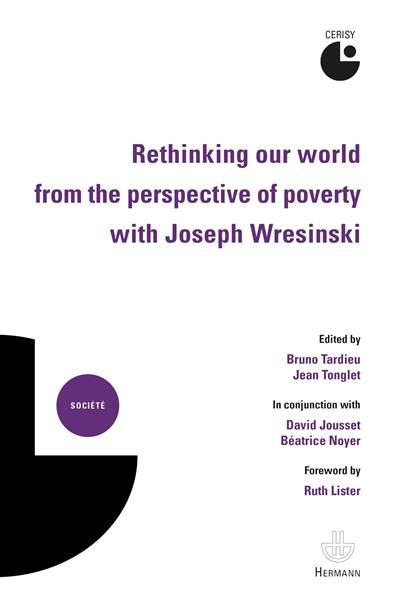
Fiche technique
Format : Broché
Nb de pages : 340 pages
Poids : 515 g
Dimensions : 16cm X 23cm
ISBN : 979-10-370-0390-4
EAN : 9791037003904
Rethinking our world from the perspective of poverty with Joseph Wresinski
Quatrième de couverture
Rethinking our world from the perspective of poverty with Joseph Wresinski
Persistent poverty, even in rich countries, makes us question history, human relationships, responsibility, culture, and knowledge.
Joseph Wresinski, who founded the International Movement ATD Fourth World in 1957, opened a field of grass-roots advocacy and reflexion that set the stage for different scientific disciplines to rethink poverty with people who experience it and to start elaborating an inclusive, actionable knowledge to overcome poverty.
This book stems from the proceedings of a Cerisy colloquium held in June 2017, on the occasion of Wresinski's centennial. It picks up the challenge of thinking about our world with academics, practitioners, artists, and people living in poverty from five continents. Their contributions, based on Wresinski's approach, open up new avenues for research and practice that take into account our knowledge of the injustice of poverty.





